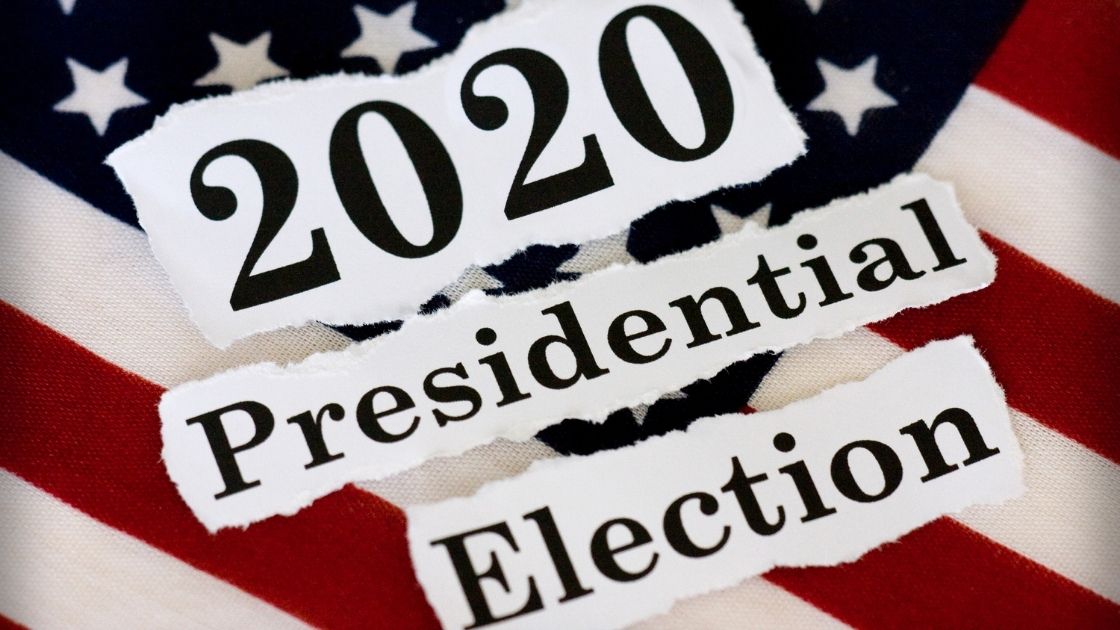This opinion piece was submitted by Regina Brennan, a Jenkintown native and Saint Basil Academy graduate who is currently a senior Politics and Anthropology double major at Catholic University in Washington, DC. She is currently taking a politics class titled “National Elections,” where it is the students’ primary objective to write focused op-eds on the current election
__
From “there you go again,” to “nasty woman,” American presidential debates have made a strong claim as a staple in the campaign process as well as a largely expected and consumed aspect of American political culture. While quintessential to the campaigns, presidential debates’ effect on voters is actually quite insignificant. Even in a year as consequential as 2020, future political scientists will not look back to say that, whatever the outcome, it was determined by any of the presidential debates. With only 3% of voters undecided, serious and tangible circumstances facing the nation, and eighteen months of campaigning, a 90-minute curated debate between the candidates will not change the minds of a significant portion of voters and in turn, change the direction of the election.
When it comes time to vote for who will hold the highest office in the country, it would be surprising to leave all of that power to three debates just a month before the election. 2020 is an especially important year for the American electorate. This election is more consequential than most, as the electorate is deciding who is fit to face the problems plaguing the nation: 200,000 lives lost due to the novel coronavirus, an unprecedented economic recession, and a summer of police brutality protests and tensions that go toe-to-toe with those of ‘67.
The American presidential race is a particularly long one. In 2016, Ted Cruz announced his campaign for the presidency close to 600 days before election day. Representative John Delaney beat his record in 2020 by declaring his campaign over 1,000 days before the election.
Voters are inundated with election media for over a year before they are able to weigh in on the election. This constant pressure gives voters a long, long time to make up their minds, which makes it all more unsurprising that just about 3% of voters are currently undecided.
The distinctions between the two candidates are obvious and well known, so for the majority of voters, the debates have become more of a spectacle than anything that could sway a vote. It is hard to argue that a moment in a debate will influence those who have made up their minds to vote for the other side. In fact, recent studies show how over the last sixty years debates had little effect on the electorate. Often, the 1960 debate between John Kennedy and Richard Nixon is cited as a moment when debates changed the state of an election. However, every available poll from presidential elections between 1952 and 2008 showed just how ineffective debates have been for changing the election. Typically, the verdict is set before the initial presidential debate.
It makes sense to try and argue that the 2020 debates matter when so much of the conversation around politics recently has come back to moral character. In 2016, 84 million Americans watched the presidential debates, a variable that does not consider those who receive clips on social media or public spaces. The debates are the first time voters see the two candidates interact with each other. Between constant mainstream media broadcasts of the President’s twitter feed and Joe Biden calling to “restore the soul of the nation,” one would believe that character is the determining factor for this election. Therefore, its most public and juxtaposed display through a debate would play a heavy hand.
However, gaffe after gaffe on both sides for both parties, it is clear that the world moves on – typically to the next controversy. Alan Ambramowitz, American political scientist who has correctly predicted every presidential election since 1992, notes how the media has a tendency to sensationalize things that do not really matter. A debate, in this case, is the clearest display of what may not matter. He notes, “When you’re in the middle of a campaign, there’s a tendency for people, especially the media, to overestimate the importance of certain events. [Gaffes, advertising, debates, etc. have no measurable impact on voters’ decisions.]” Abramowitz is right. A debate does as much for the American presidential candidate as bread crumbs do for the hungry: virtually nothing. Debates, instead, speak to the increased aggrandizement that comes with a rise in partisanship in politics. And while the geographic location of swing states matter in terms of the 2020 election with increased unpredictability in the electoral map, the President and the former Vice President are running on radically different platforms and it is for this reason that it is unlikely that a large enough portion of the electorate will be motivated to change their vote.
There is no explicit purpose for the debates the electorate witnesses, but there are consequences to debates that are important. It is during debates that presidents make important promises to the American people, like no new taxes as an example. For the incumbent, an active discussion on his performance the last four years is dissected with the expectation of an immediate response. Another hope is that the candidates will be able to secure the funds needed to carry them through the final month of the campaign. Debates are the only time when a candidate talks in-depth about their platform, so presidential candidates can make the case for their side of the argument on the issues that matter. This unique opportunity levels the field for the two candidates. However, the American presidential debate does not sway voters, and with such a unique election and such uncertain times, it is a fruitless battle to put so much faith and weight in the debates in terms of playing a role in the 2020 election.

